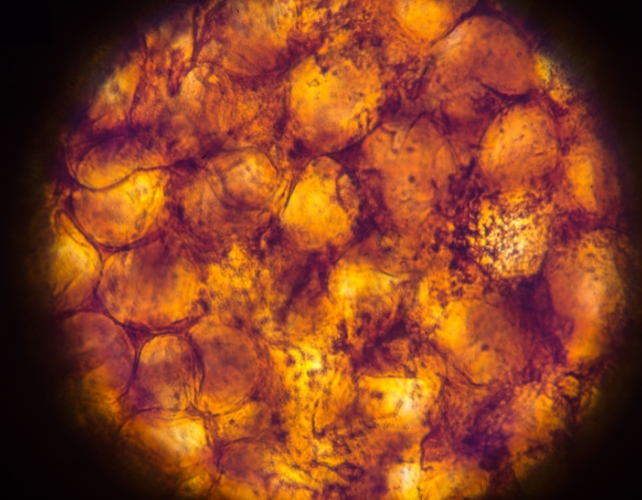Many people know from expertise how extremely darn exhausting it’s to maintain weight off after dropping it. Even those that use the brand new class of weight reduction medication, reminiscent of semaglutide, can face substantial weight regain after ceasing the remedy.
A crew led by researchers from ETH Zurich in Switzerland could have found why in an evaluation of human tissues and experiments on mice.
They discovered mammalian fats cells preserve a report of weight problems in a course of that regulates the expression of our genes, often known as epigenetics.
Previously obese mice with these epigenetic ‘recollections’ skilled quicker rebounds in weight achieve when fed a fatty weight-reduction plan, in comparison with management mice that hadn’t been obese. ETH Zurich epigeneticist Laura Hinte and colleagues name this phenomenon an obesogenic reminiscence.
“These adjustments appear to prime cells for pathological responses in an obesogenic surroundings, contributing to the problematic ‘yo-yo’ impact typically seen with weight-reduction plan,” Hinte and crew write of their paper.
“Concentrating on these adjustments sooner or later may enhance long-term weight administration and well being outcomes.”
Hinte and crew’s mouse experiments revealed weight reduction following vital achieve primes adipocyte fats cells to reply much more to future high-fat diets, contributing to this weight bounce-back. The cells aren’t letting go of the ‘weight problems setting’ with regard to how genes are being turned on and off.
The sorts of genes being regulated in a different way in previously obese mice in comparison with controls embody a rise within the exercise of genes concerned in irritation and decreased exercise in genes concerned in fats cell id and features.
Earlier analysis has additionally famous a lack of id of fats cells in overweight mice. This “mobile id disaster” could also be what reduces the regular features of fats normally seen in wholesome folks in those that are overweight, regardless of the latter having extra fats to carry out these features.

The researchers additionally discovered indicators of this obesogenic reminiscence in fats cells from people who had undergone weight reduction surgical procedures, in comparison with cells from individuals who had non-weight-related routine elective surgical procedures.
As a consequence of limitations in epigenetically analyzing frozen human fats tissue, the crew couldn’t present a direct causal relationship in people.
However general “these outcomes point out that weight problems induces mobile and transcriptional (obesogenic) adjustments within the adipose tissue, which aren’t resolved following vital weight reduction,” Hinte and crew clarify.
For billions of us, elements outdoors our management, from our microbiomes to reliance on sure drugs, useful resource restraints, and genetics, could make warding off that weight extremely robust. Now we are able to add epigenetics to this irritating record.
Weight problems was related to 4 million international deaths in 2015, greater than two-thirds of them attributed to coronary heart illness (the primary reason behind loss of life globally).
Weight problems charges are anticipated to proceed to rise, significantly within the US, so the necessity to perceive this advanced problem turns into ever extra urgent.
However till we now have a solution to sort out obesogenic reminiscence, it could assist to bear in mind different research counsel as a substitute of specializing in the load itself, specializing in consuming more healthy could have a extra optimistic and lasting influence on our well being.
This analysis was revealed in Nature.



